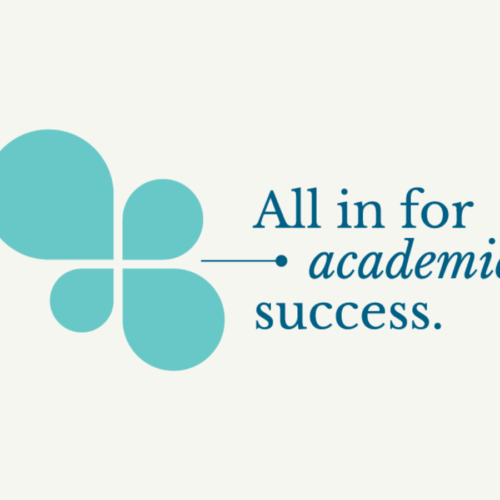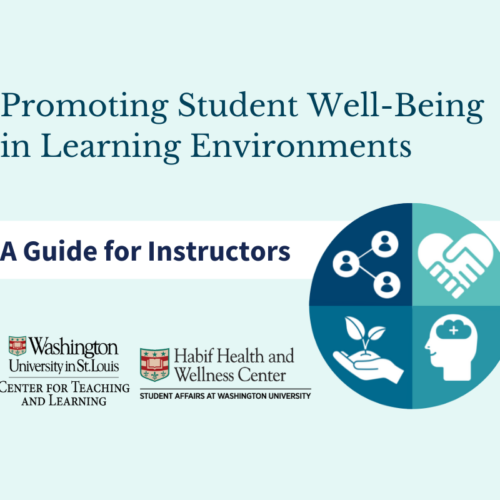Applying Cognitive Science in the Classroom
Applying insights from cognitive-science research is one of the core things we do at The Teaching Center, including through workshops for faculty, post-docs, and graduate students. Faculty Focus recently explored this topic in a trio of posts by Maryellen Weimer, PhD. (Links to each article below are arranged in order of publication date.)
Weimer provides insight into practices such as “Interleaving,” rather than blocking, major topics. Weimer notes that this strategy, which she refers to as “shuffled review,” can help to promote “retrieval practice,” a cognitive-science term for the process of recalling information from memory, thereby strengthening mental pathways that allow learning to happen. In this article, she also touches on “distributed practice,” which means spacing out study sessions into briefer and more frequent sessions (a tip that fits all manner of writing projects, too).
In “Do Quizzes Improve Student Learning? A Look at the Evidence,” Weimer considers seven studies on the impact of another method that can promote retrieval practice—“quizzing.” She notes that for quizzing to yield its potential benefits, “the devil is in the details,” and she provides a list of questions about specific conditions of implementing quizzing. Her questions range from “Are they pop quizzes or scheduled quizzes?” to “When are the quizzes given–before content coverage or after? How soon after?” She notes the finding that exam scores improve if questions asked on quizzes overlap with questions on exams. And in considering evidence-based teaching in general, she calls for transparent teaching that informs students about how these learning strategies work.
In the third article, “More on Evidence-Based Teaching” Weimer considers the related “testing effect,” a finding that suggests that being tested on information encodes information in the memory more efficiently than just re-reading or other ways of studying that do not entail recall. This piece draws on research by Mark McDaniel and Roddy Roediger, both in Psychological & Brain Sciences at WashU.
Weimer notes that faculty need to keep in mind their own “unique” applications of these learning strategies when reading about benefits to student learning, as the research is rooted in different course contexts.
Evidence-based teaching is being studied at The Center for the Integrative Research on Cognition, Learning, and Education (CIRCLE), a research center co-directed by Teaching Center Executive Director and Florence E. Moog Professor of STEM Education Gina Frey and Mark McDaniel. CIRCLE brings together experienced instructors with researchers in cognitive science to work with faculty on integrating findings from cognitive science into classroom teaching, then evaluating the resulting curricular innovations.


